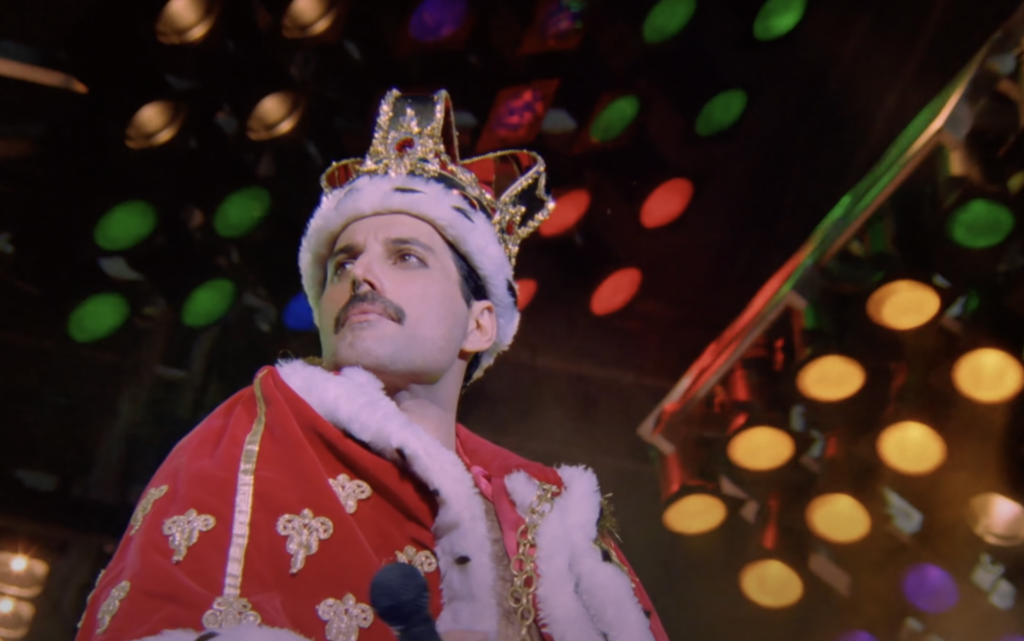Freddie Mercury’s public disclosure of his HIV diagnosis left “lasting legacy”
Freddie Mercury publicly disclosed his HIV diagnosis the day before he died in 1991
By Grace Almond

Freddie Mercury’s choice to go public with his HIV diagnosis was a “cultural touchstone moment” for the Aids movement, a leading figure has said.
Deborah Gold, the chief executive of the National Aids Trust, told PA Media:In the short period of time before he died, he was open about the fact that he had Aids, and when those moments happen, it’s possible to grab hold of them and use them for something else.”
Today (November 24) marks the 30th anniversary of Freddie Mercury’s death in 1991 at the age of 45 after his battle with HIV. The Queen frontman passed away the day after he revealed his diagnosis, contracting bronchial pneumonia as a result of AIDS.
Following his death, Queen guitarist Brian May and drummer Roger Taylor founded The Mercury Phoenix Trust, alongside manager Jim Beach. The Mercury Phoenix Trust funds global HIV/AIDS initiatives, focussing on education and awareness projects.
Gold also spoke about the creation of the trust, saying “I think the other members of Queen and his friends really did that through their work at the Mercury Trust.”
“They were able to take a really upsetting and sad situation and used the learning from that to really impact change.”
Gold added: “Those cultural touchstone moments become really, really important for raising awareness, for reminding people it (HIV) is still here, reminding people what they need to do to protect themselves.”
This Saturday (November 27), BBC 2 will air a new documentary called ‘Freddie Mercury: The Final Act’. The documentary will explore the final months and years of Mercury’s life, and The Freddie Mercury Tribute Concert for AIDS Awareness, on April 20, 1992.
The concert, which took place at Wembley Stadium in London, saw some of the biggest names in music perform in memory of their friend, including David Bowie, Elton John and Annie Lennox.
James Rogan, the director of ‘Freddie Mercury: The Final Act’, spoke about the significance of the concert: “It was such a big deal at the time – for an 11-year-old, it was my first encounter really with Queen and I totally fell in love with their music,” adding “I had grown up in the era of AIDS where it was a dark shadow, it was all tombstone adverts. It was something that was spoken about with a lot of fear, and I remember the concert as something that changed that conversation.”
